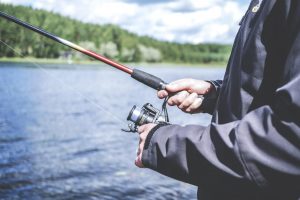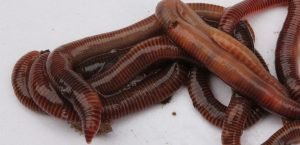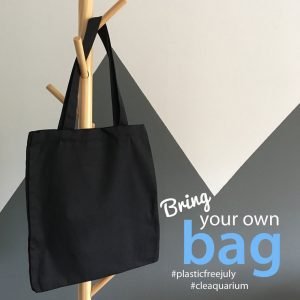Eco-Friendly Fishing Tips
Fishing is a popular outdoor hobby for many people. In fact, anyone older than 16 can purchase a fishing license in Ohio. Some of the most popular sport fish in this region are bass, walleye, catfish and perch.
With any outdoor activity there are environmental risks that we can help minimize. Being aware of our impact on our natural ecosystems is an important step in protecting the planet. Here are a few ways you can help reduce your effect on our environment while still enjoying your favorite pastime.
Break it Down Now
Although biodegradable fishing line can be hard to find, it can help reduce the amount of harm done by leftover fishing line. Regular fishing line takes about 600 years to decompose while biodegradable options can take as little as 2 years. If biodegradable, isn’t an option then make sure you’re being cautious about where your extra line ends up. Clean up after yourself whenever possible.
No Lead, No Problems
Many fishing weights and other equipment contain lead. High levels of lead in water bodies can poison fish and other wildlife. Using weights made with brass, steel, bismuth tin, iron or tungsten will lessen the amount of lead that end up in our waterways.
Eyes as Big as Your Stomach
In addition to adhering to local catch-and-release fishing regulations, it’s important to only take the fish you know you can use. Only keeping the fish you know you will use is more sustainable and reduces the amount of bycatch.
All about the Baits
Most bait, such as worms or other fish aren’t naturally found in the environments where they are used. High levels of this non-native bait can disrupt the natural ecosystems and cause issues within the food chain. Make sure to use only the bait you need and to take any leftovers with you for proper disposal.
Row, Row, Row Your Boat
Motorized fishing boats release carbon emissions into the environment that can be harmful to the local wildlife. Whenever possible, try using a rowboat or canoe to fish. There are also special boat propellers that can increase fuel efficiency by more than 20%.
Talkin’ Trash
The biggest thing you can do when enjoying any outdoor activity is clean up after yourself! Taking all your belongings and trash with you ensures that nothing ends up where it shouldn’t be.
– Caroline




